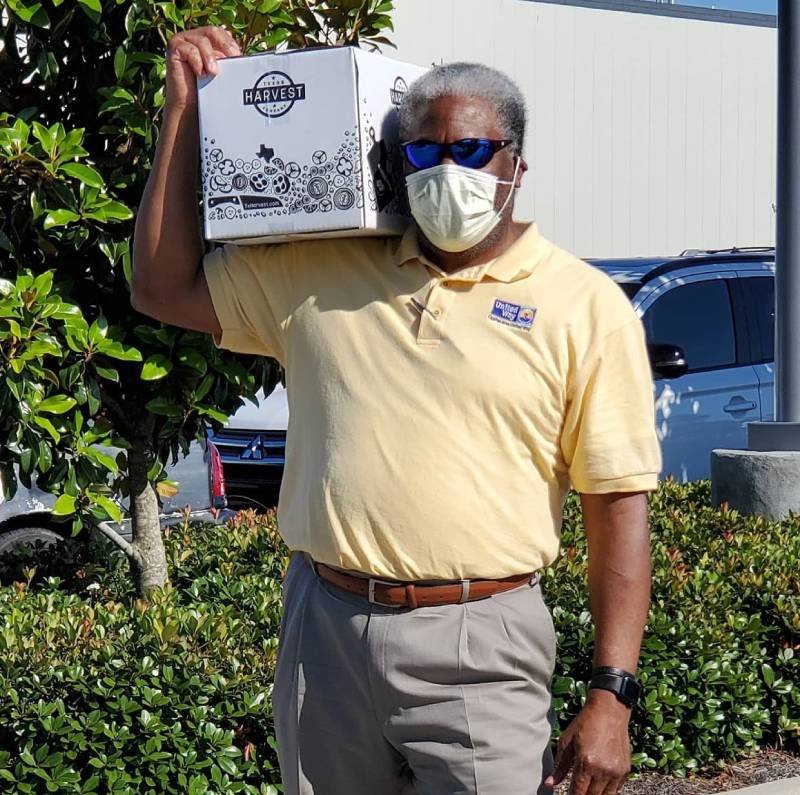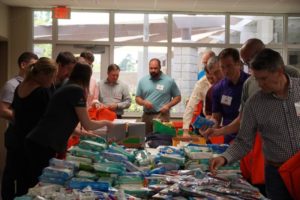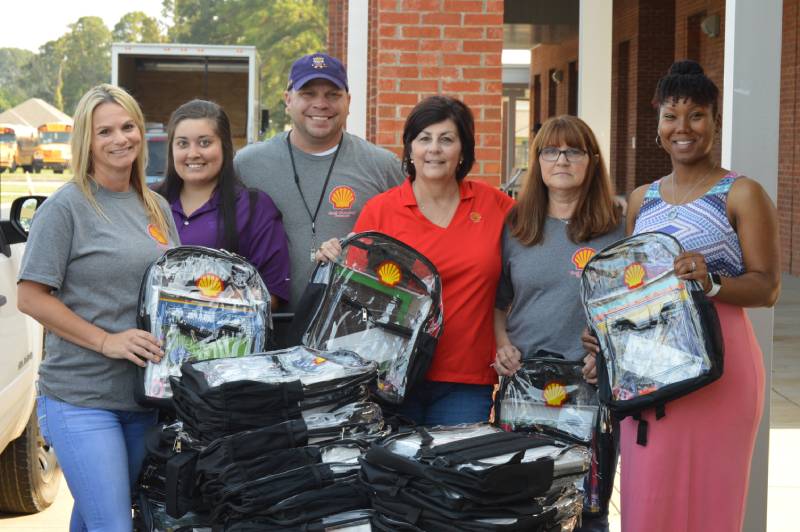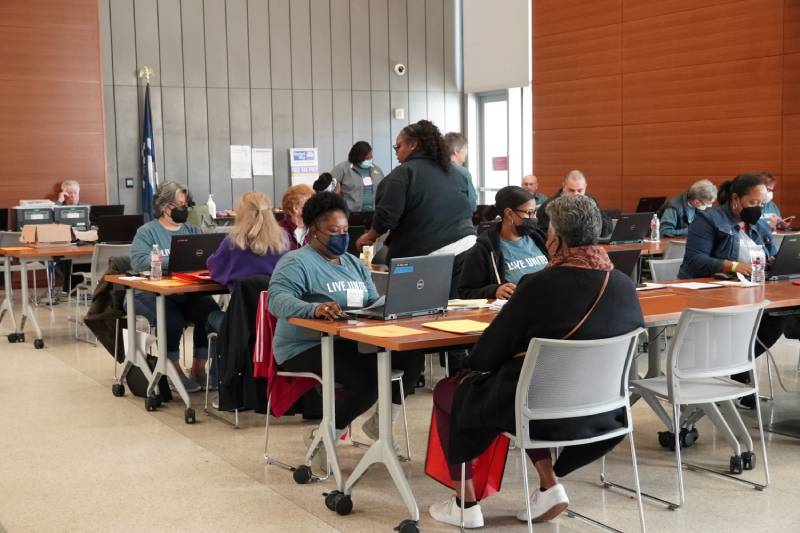By Amanda McElfresh, amcelfresh@theadvocate.com
This article is brought to you by Cox Business.
As it enters its 97th year, Capital Area United Way’s role as a community connector has become more important than ever as people seek to find resources and meet needs amid challenging economic circumstances.
Last year, more than 50,000 calls were placed to the 211 resource line, which links callers to programs to help them find rental assistance, food, social services, health care and more. That call volume marked a substantial increase from 2020 and other previous years, said George Bell, President and Chief Executive Officer of Capital Area United Way.
“The pandemic really brought the economy to a halt and impacted people who traditionally have not been affected by these types of situations,” Bell said. “People who have never had to rely on support or assistance now find themselves in a position where they need to reach out. With inflation, we are seeing that continue, especially in the area of food insecurity. The amount of money that used to be able to carry a family’s food needs to the end of the month now falls short.”

“We realized we needed additional resources more quickly because the needs have changed,” Bell said. “We’ve changed that mix of dollars so we can make more grants on a real-time basis for organizations that are serving people immediately.”
While Capital Area United Way is involved in multiple aspects of community work, Bell said that in recent months there has been an increased emphasis on providing educational resources, food and childcare. The organization continued its work to give kids the proper resources, which became more important during virtual learning. By working closely with those families, CAUW realized that many needed assistance to feed their children because of a lack of school lunches. In turn, CAUW provided funding to several organizations that brought regular meals to neighborhoods.
“We also heard that child care was a major challenge,” Bell said. “We started working with organizations that provide after-school programming to see if they could safely provide that same type of program at other times of the day.”
In addition, Bell said CAUW has played a major role in helping Louisiana families and businesses recover from hurricane damage. Last year, CAUW received more than $1.8 million to help Hurricane Ida victims in four parishes. 100% of the funds raised were distributed into the 10-parish capital region to assist with immediate needs, ongoing recovery, and long term recovery and rebuilding.
“We really step into high gear when our communities are hit, and it’s something we are always preparing for,” he said.
Regardless of whether CAUW is providing funding, direct support or connecting residents to services, the work is done based on input from the community. Bell said CAUW staff visit local neighborhoods to speak with residents and issues surveys to find out what people are most concerned about. They also analyze all 211 cals by the nature of the inquiry, the caller’s ZIP code and whether the person’s need was met.
“All of that gives us direction on whether the programs and services we have currently are meeting the needs and if not, how can we bring those services to the people,” Bell said. “When we go out into the neighborhoods, it’s a very engaging process. We take their feedback to come up with strategies and initiatives to support them.”

Regardless of whether CAUW is providing funding, direct support or connecting residents to services, the work is done based on input from the community. Bell said CAUW staff visit local neighborhoods to speak with residents and issues surveys to find out what people are most concerned about. They also analyze all 211 calls by the nature of the inquiry, the caller’s ZIP code and whether the person’s need was met.
“All of that gives us direction on whether the programs and services we have currently are meeting the needs and if not, how can we bring those services to the people,” Bell said. “When we go out into the neighborhoods, it’s a very engaging process. We take their feedback to come up with strategies and initiatives to support them.”
Bell emphasized that individuals, families, corporate groups and others can be a part of CAUW’s work in multiple ways. Funding and monetary donations are significant, but so is volunteerism.


